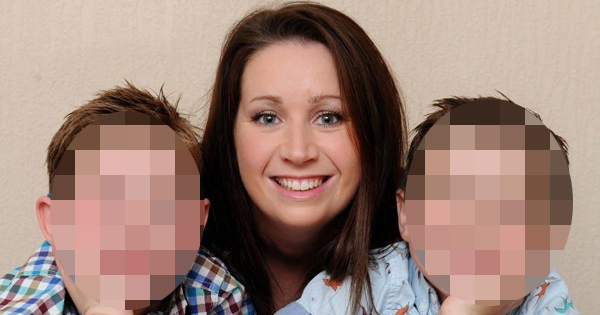When Natalie Trickett was 28 years old, she suffered from a traumatizing episode in which her body just collapsed and lost sensitivity on the right side of her face and her vision. When she was taken to the hospital, doctors told her that her stroke could’ve been caused Microgynon, a contraceptive pill, according to The Sun.
Trickett, who occasionally joined crossfit competitions, said, “Strokes are a potential risk of the Pill as they can lead to an increased risk of blood clots. Until you have been a victim of a stroke yourself, you don’t realize how real a risk it is.”
At first, doctors told her it was probably caused by a migraine. Then, when she went to visit an eye doctor and Trickett was informed that it was stroke. Now that she’s 32 years old, she wanted to change her life.
Trickett said, “I was taking the Microgynon contraceptive pill at the time and had been taking it for about a year. Strokes are a potential risk of the pill as they can lead to an increased risk of blood clots. There was no other reason for me suffering a stroke at such a young age. I don’t drink or smoke and they checked out my heart and everything was fine with that.”
Trickett is a mom to two children, Luke, who’s nine, and Logan, who’s eight. Aside from the changes in her peripheral vision, she had fortunately regained herself to a stable recovery.
Trickett, who takes care of her son with disabilities, Luke, had thought about going back to school and earn a degree to become a teaching assistant. She also wanted to educate other people about the side effects of contraceptive pills and the haunting experience a stroke can impact your life.
Trickett said, “I don’t think there is enough awareness or information about the side effects of the pill and how it can cause a stroke and what a stroke can do to your life. People assume strokes only happen to older people over the age of 50 and I probably thought the same before it happened to me.”
A spokesperson for Medicines and Healthcare Regulatory Agency said, “Women should continue to take their contraceptive pill.
“These are very safe, highly effective medicines for preventing unintended pregnancy and the benefits associated with their use far outweigh the risks. The safety of contraceptive pills has been reviewed at European level and the review confirmed that the risk of blood clots with all contraceptives is small.
“Prescribers and women should, however, be aware of the possible risk factors for blood clots and the key signs and symptoms. If women have questions, they should discuss them with their GP or contraceptive provider at their next routine appointment but should keep taking their contraceptive until they have done so.”





